Table of Contents Hide ContentsThe Ultimate Grilling and Smoking Guide
Master fire and flavor with The Ultimate Grilling and Smoking Guide. Learn techniques, temperature charts, wood pairing, and recipes for perfect results every time.
Welcome to The Ultimate Grilling and Smoking Guide, your comprehensive resource for mastering live-fire cooking. Whether you’re aiming for a perfectly seared steak with beautiful grill marks or a fall-off-the-bone rack of ribs infused with smoky flavor, this guide covers every essential technique, tool, and tip. Grilling and smoking are more than just cooking methods; they are arts that combine science, patience, and a passion for great food. This definitive guide will demystify the process, turning you from a novice into a confident pitmaster, capable of creating incredible meals over fire.
Understanding the fundamental difference between grilling and smoking is the first step. Grilling is a fast, high-heat method ideal for tender cuts, while smoking is a low-and-slow process that transforms tough meats into tender masterpieces. The Ultimate Grilling and Smoking Guide will explore both worlds in depth, providing you with the knowledge to choose the right method for every ingredient and occasion. Let’s ignite the coals and begin the journey.
Grilling vs. Smoking: Understanding the Core Difference
The first step in mastering live-fire cooking is knowing which method to use and why.
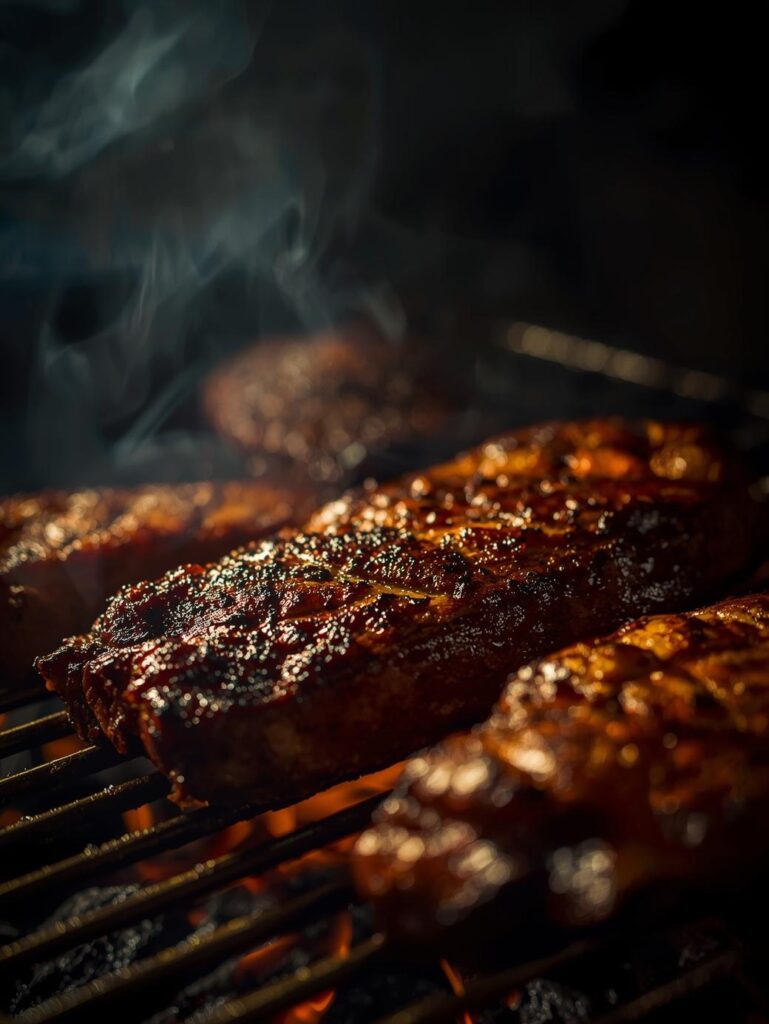
Grilling: The Art of Fast and Hot
-
Heat: Direct, high heat (350°F to 550°F+ / 177°C to 288°C+)
-
Time: Quick cooking, from a few minutes to about 30 minutes.
-
Best For: Tender, quick-cooking foods like steaks, burgers, chops, chicken breasts, seafood, and vegetables.
-
Goal: To create a caramelized crust (via the Maillard reaction) while keeping the interior juicy.
Smoking: The Art of Low and Slow
-
Heat: Indirect, low heat (225°F to 275°F / 107°C to 135°C)
-
Time: Long, slow cooking, from 3 hours to over 18 hours.
-
Best For: Tough, fatty cuts rich in collagen, like pork shoulder, brisket, and ribs.
-
Goal: To break down connective tissue into gelatin using smoke and time, resulting in incredible tenderness and deep smoke flavor.
Essential Gear for Your Arsenal
Having the right tools makes the process safer, easier, and more successful.
The Fire Makers:
-
Charcoal Grill: Offers authentic flavor and high heat. Requires more skill to manage temperature. (e.g., Weber Kettle)
-
Gas Grill: Convenient and easy to control, perfect for quick weeknight grilling.
-
Pellet Grill/Smoker: Versatile “set-it-and-forget-it” appliances that grill and smoke using wood pellets.
-
Offset Smoker: The traditional choice for authentic barbecue, with a separate firebox for burning wood.
Must-Have Tools:
-
Long-Handled Tongs and Spatula: For flipping food safely.
-
Grill Brush: For cleaning grates before and after cooking.
-
Digital Instant-Read Thermometer: The single most important tool for achieving perfect doneness. Check out our review of Top-Rated Meat Thermometers.
-
Chimney Starter: The fastest, easiest way to light charcoal without lighter fluid.
-
Heavy-Duty Insulated Gloves: Essential for handling hot grates, lids, and meat.
Mastering the Grill: Techniques for Perfection
Direct Heat Grilling
This is the classic method where food is cooked directly over the heat source. It’s perfect for searing and cooking thin, tender cuts quickly.
-
How to: Arrange coals evenly or turn all gas burners to high.
-
Best for: Steaks, burgers, hot dogs, kebabs, and vegetables.
Indirect Heat Grilling
This method turns your grill into an oven. The food is cooked next to, not directly over, the heat source. This is essential for larger cuts that would burn on the outside before cooking through.
-
How to: For charcoal, push coals to one side. For gas, light only one or two burners.
-
Best for: Whole chickens, thick pork chops, roasts, and ribs. This is also the foundation of smoking on a grill.
The Reverse Sear
A game-changing technique for thick steaks and chops. The meat is first cooked gently using indirect heat until it’s almost to temperature, then seared over screaming hot direct heat at the end.
-
Benefit: Ensures a perfect, even doneness from edge to edge with a spectacular crust.
-
Learn More: Dive deeper with our guide to the Reverse Sear Steak.
Mastering the Smoke: The Low-and-Slow Method
The Smoking Process Explained
-
Preparation: Choose the right cut (tough and fatty). Apply a simple rub, often just salt and pepper or a sugar-based spice blend.
-
Fire Management: Build a clean-burning fire that produces thin, blue smoke—not thick, white smoke, which can impart a bitter flavor.
-
The Stall: During the cook, the meat’s internal temperature will plateau as moisture evaporates, cooling the meat. This is normal; be patient.
-
The Wrap (Texas Crutch): To power through the stall, the meat is often wrapped in butcher paper or foil to trap heat.
-
The Rest: After cooking, the meat must rest, wrapped in a cooler, for at least an hour. This allows juices to redistribute, resulting in a moister final product.
Wood Pairing Guide
The type of wood you use defines the flavor of your barbecue.
-
Beef (Brisket, Ribs): Hickory, Oak, Mesquite (use sparingly)
-
Pork (Shoulder, Ribs): Apple, Cherry, Hickory, Pecan
-
Poultry (Chicken, Turkey): Apple, Cherry, Alder, Maple
-
Lamb: Oak, Hickory, Cherry
For a complete breakdown, explore our [Ultimate Guide to Smoking Woods].
The Ultimate Temperature Guide
Don’t guess—use a thermometer. Here are the key target temperatures for doneness and safety, as recommended by the USDA.
Beef & Lamb:
-
Rare: 120-125°F (49-52°C)
-
Medium Rare: 130-135°F (54-57°C)
-
Medium: 140-145°F (60-63°C)
-
Well Done: 160°F+ (71°C+)
Pork:
-
Chops, Tenderloin: 145°F (63°C) with a 3-minute rest
-
Pulled Pork/Shoulder: 195-205°F (90-96°C) – until probe tender
Poultry:
-
Chicken, Turkey: 165°F (74°C) in the thickest part
Keep our Meat Temperature Chart handy for quick reference.
Pro Tips from the Pit
-
Pat Dry Meat: Always pat meat dry with paper towels before grilling for better searing.
-
Don’t Play with Your Food: Place food on the grill and let it be. Constant flipping prevents a good sear.
-
The Hand Test for Grill Temp: Carefully hold your hand 5 inches above the coals. If you can hold it for:
-
2 seconds = High heat
-
4 seconds = Medium heat
-
6 seconds = Low heat
-
-
Rest Your Meat: Let grilled or smoked meat rest for 5-15 minutes before slicing. This is crucial for juiciness.
Frequently Asked Questions (FAQ)
Q: What’s the best grill for a beginner?
A: A Weber Kettle grill is an excellent starting point. It’s affordable, versatile (can grill and smoke), and teaches fundamental fire management skills.
Q: How do I keep my chicken from drying out on the grill?
A: Use indirect heat for most of the cook to gently bring it to temperature, and only sear at the end. Also, cook dark meat (thighs, legs) to 175°F+ for better texture. For a foolproof recipe, try our Juicy Grilled Chicken Thighs.
Q: Why isn’t my smoke ring very prominent?
A: A smoke ring is a chemical reaction between nitric oxide in the smoke and the meat’s myoglobin. It’s influenced by factors like wood type and meat temperature. While it looks great, it doesn’t necessarily correlate with better flavor.
Q: Gas vs. Charcoal: Which is better?
A: It’s a matter of preference. Charcoal provides more flavor and higher heat for searing. Gas offers unparalleled convenience and control. Our guide on Gas vs. Charcoal Grills breaks down the pros and cons.
Conclusion: Your Journey to Fire Mastery
The Ultimate Grilling and Smoking Guide has equipped you with the foundational knowledge to excel over live fire. Remember that mastery comes with practice. Embrace the process, learn from each cook, and don’t be afraid to experiment with flavors and techniques.
The true goal is to enjoy the process and share delicious food with friends and family. Now, you have the confidence to host the ultimate backyard barbecue, smoke a brisket that will impress everyone, or simply grill the perfect steak for a weeknight dinner. The fire is waiting. Share your grilling and smoking triumphs with us using #MeatMasterGrillGuide.
Further Reading:
- Smoking Beef Short Ribs: The King of BBQ Flavor – 2025
- Smoking Pulled Pork: Low and Slow for Maximum Flavor
- Smoking Ribs: Fall-Off-the-Bone Every Time – 2025
- Smoking Salmon: Step-by-Step for Rich, Smoky Flavor – 2025
You Might Also Like:
- Smoking Sausages: How to Get the Perfect Snap
- Smoking Steak – The Meat Master USA – 2025
- Smoking Turkey: Juicy Meat with Crispy Skin – 2025/26 ed.
- Smoking vs Grilling: The Ultimate Guide to Perfect BBQ [2025]
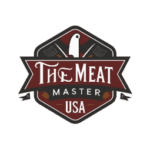
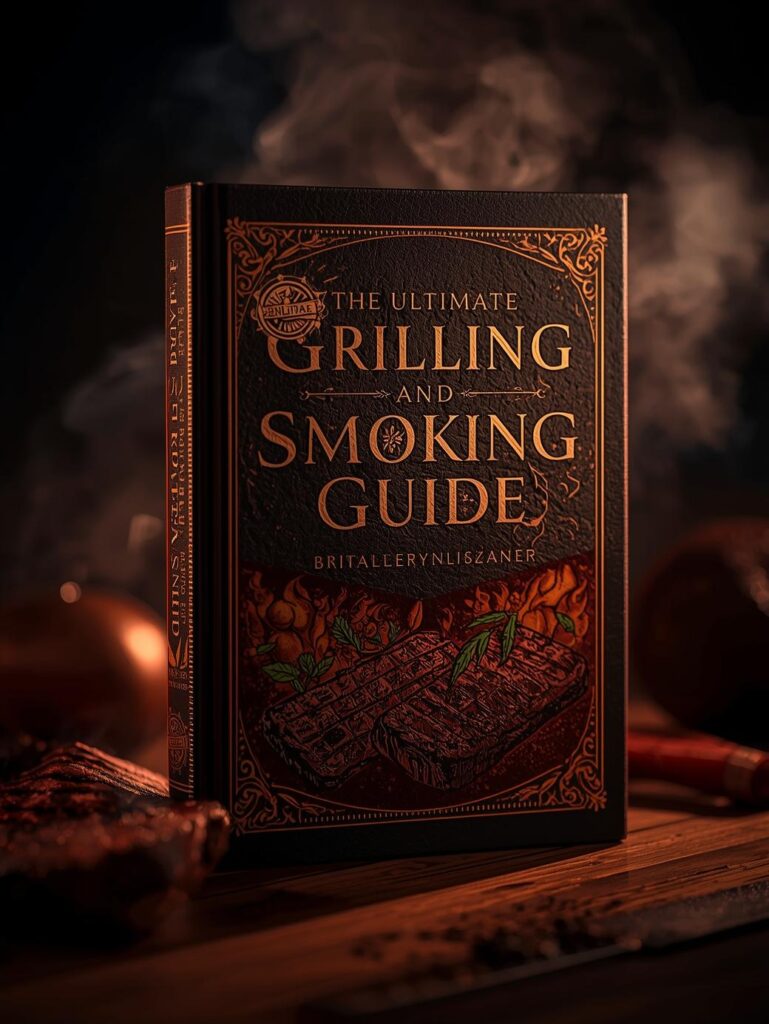

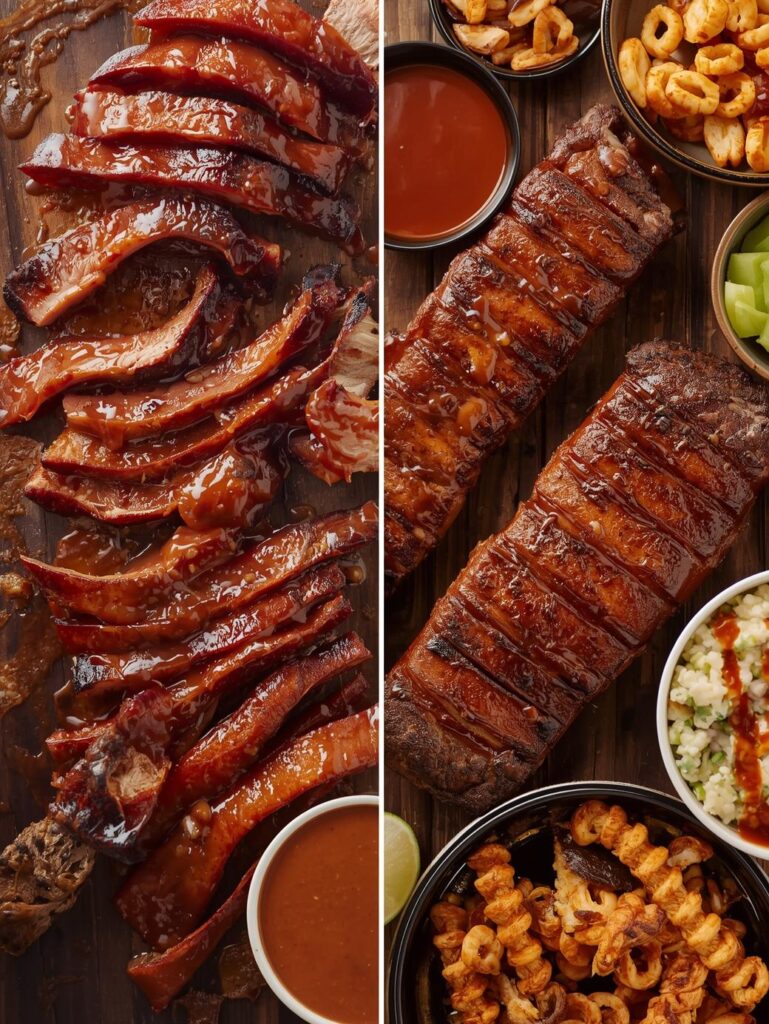
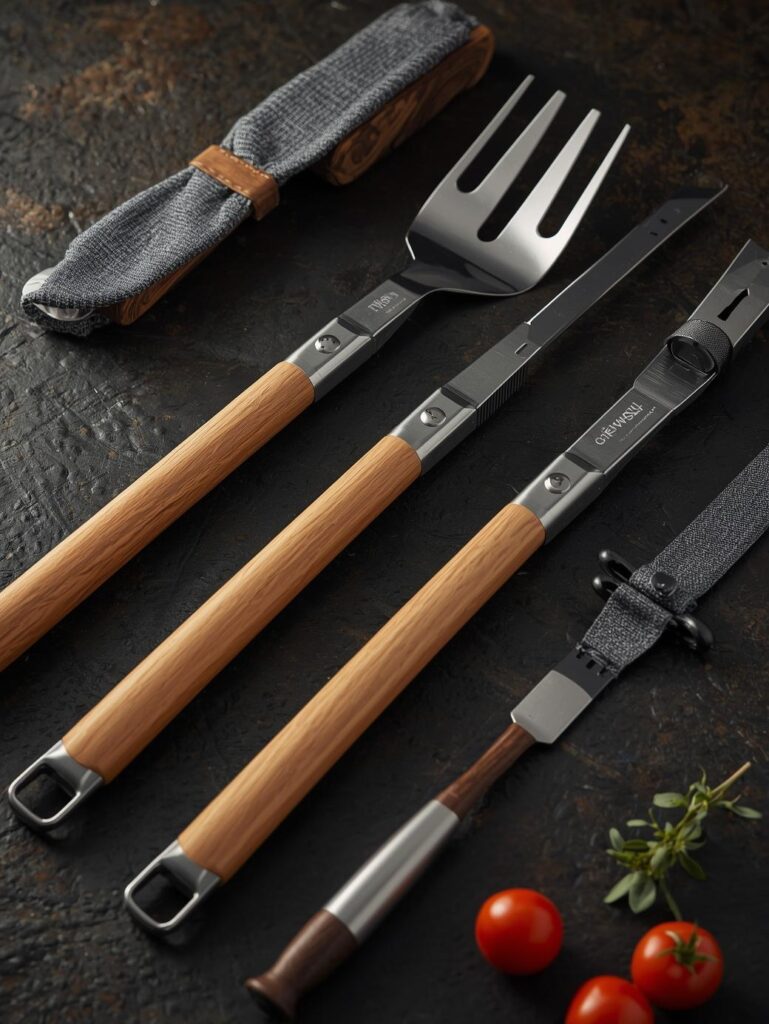
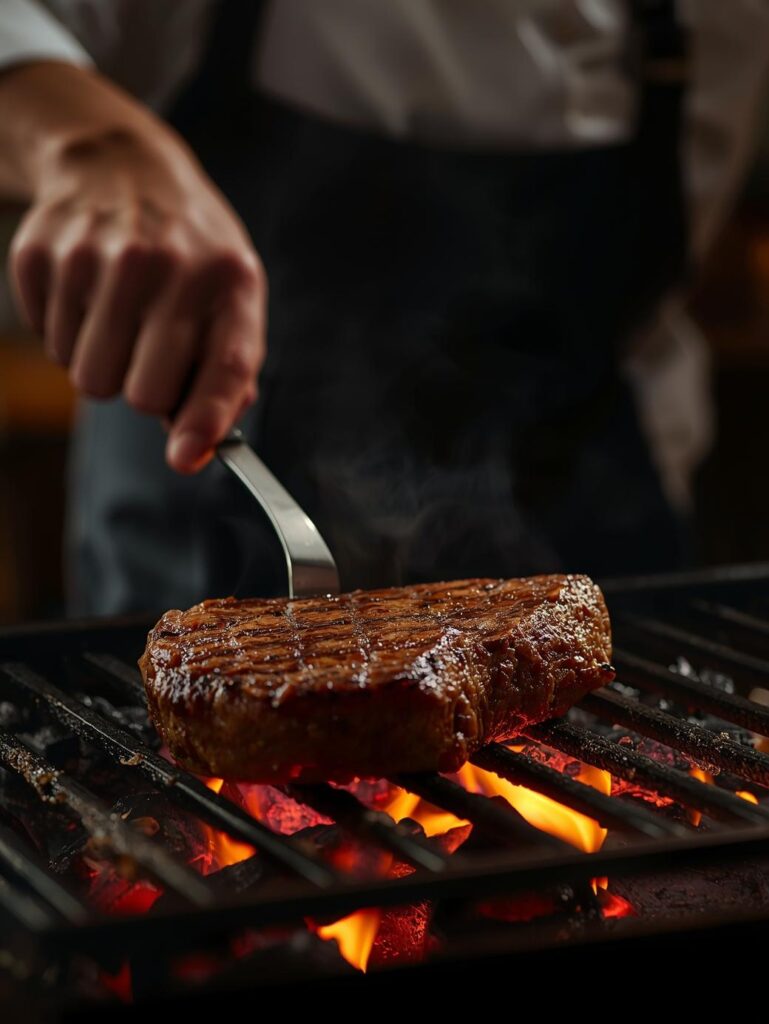
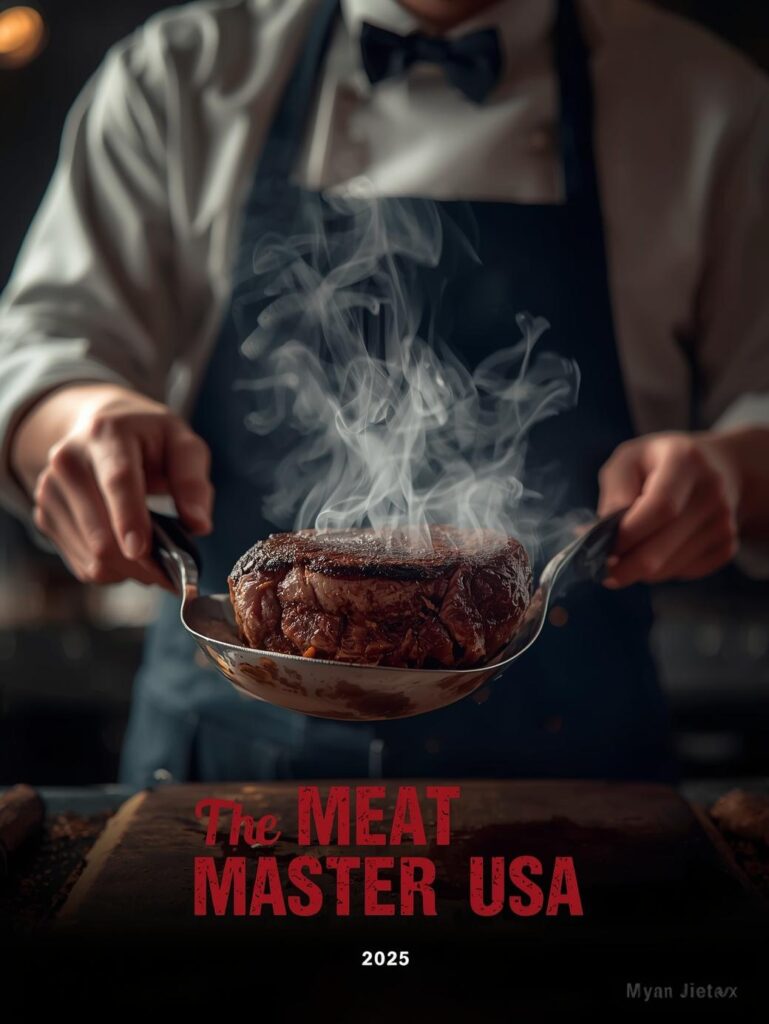
Pingback: Smoking Chicken Wings: Flavor Bombs for Game Day
Pingback: Best Grilling & Smoking Tools in 2025
Pingback: BBQ Techniques Explained: A Master Guide